Dr. Chelsea Faase: ‘I Love Learning’
October 17, 2021
Since graduating from Notre Dame Academy in 2004, Dr. Chelsea Faase has gone on to become a prominent educational reformist.
“I’ve always wanted to be a teacher and an educator,” she shared. “I love learning. We’re always learning.”
Faase is a true exemplar of this — throughout her life, she has tenaciously pursued her education.
She took so many college-level courses in high school that she was able to enter St. Norbert College as a second-semester freshman and graduated with minors in Spanish, English and ESL. She majored in Middle and Elementary School Education.
Faase is passionate about her work to promote literacy and believes that it is integral to every facet of education and of life.
“When we think literacy, we think reading, writing, speaking,” Faase said. “But it’s really about making sense of the input.”
She went on to explain that literacy is actually about understanding one’s environment — experiencing something and being able to read, write or speak about it.
“My claim is that we do literacy in every aspect of life,” shared Faase.
Shortly after earning her Bachelor’s degree, Faase began work at a local elementary school, whilst simultaneously pursuing her Masters degree at UW-Oshkosh- teaching in the day and taking classes at night.
Afterwards, she completed her Ph. D. at UW-MIlwaukee in Urban Education, specifically in Education and Curriculum. Her degree had a particular emphasis on lesson plans to help educators motivate students to participate in literary activities.
She is also a co-author of the upcoming book Coping With Tensions: A Catalyst for Transformative Change for Teachers and Administrators alongside fellow educators Sheila Kohl and Jason Lau.
They look to reframe the current paradigm of education and offer teachers a fresh perspective on curriculum betterment. It is scheduled to be released in March 2022.
Faase hopes to bring a lot of change to the field of teaching at large and implement structures to facilitate more open dialogue between students and teachers.
“The hierarchical structures in school make students afraid to speak up,” Faase stated. “Too often the teachers teach as they’ve been taught.”

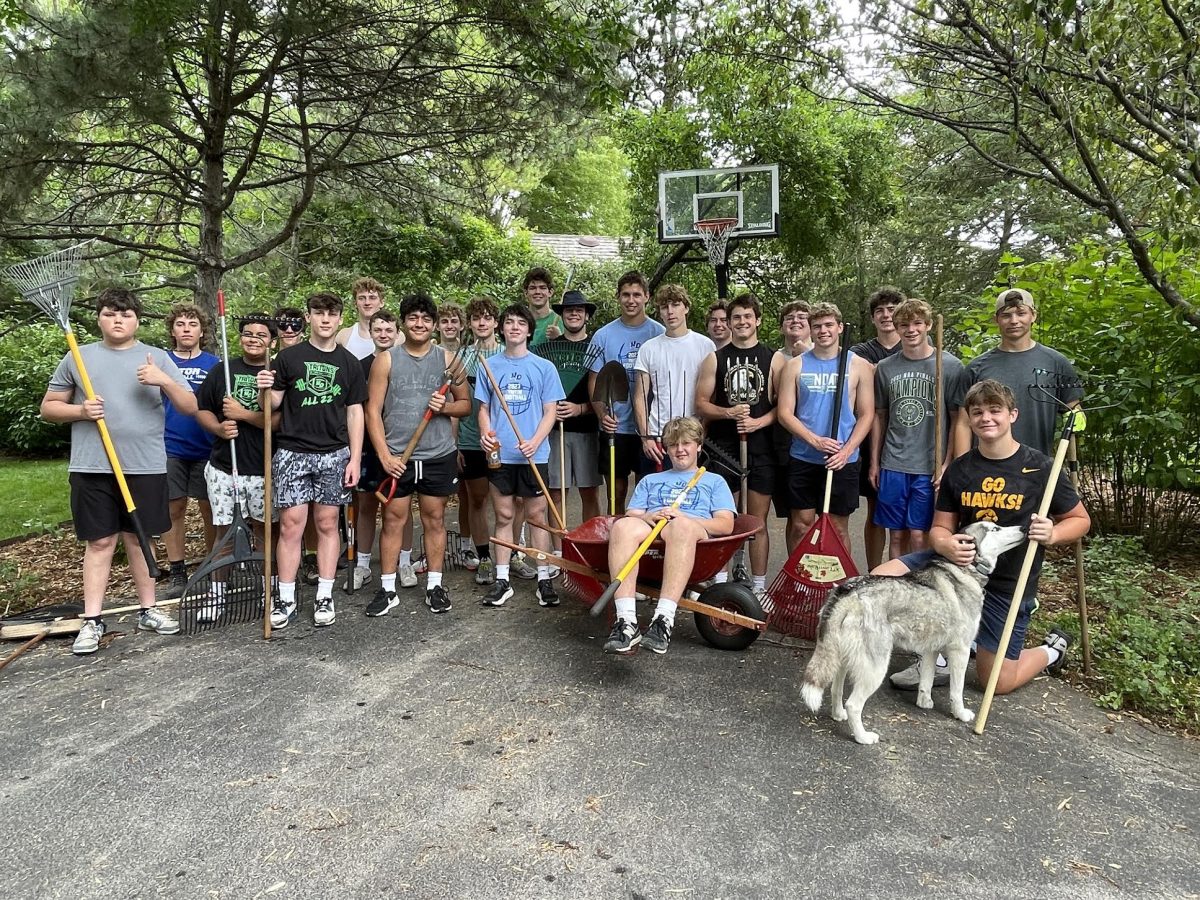
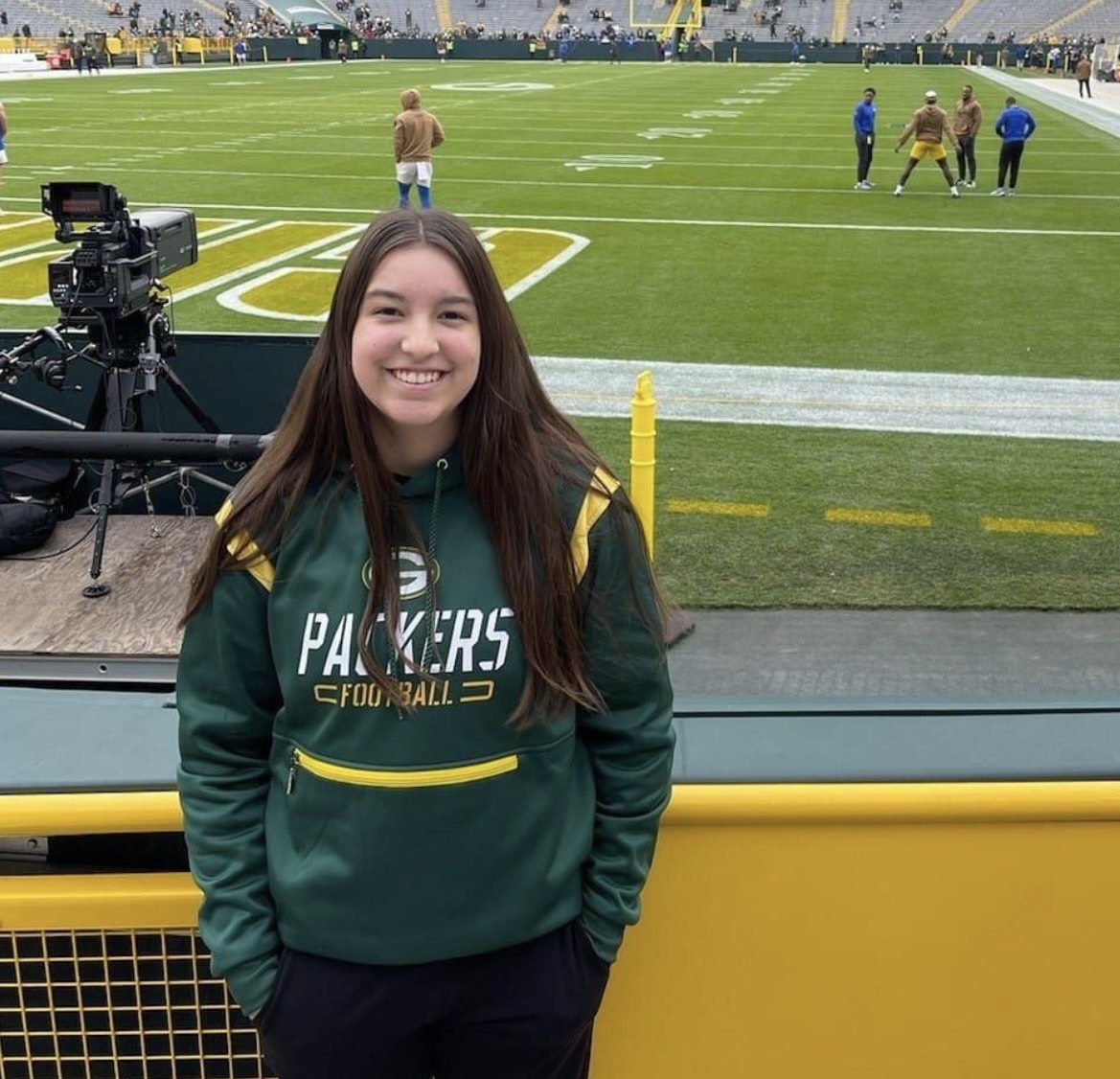





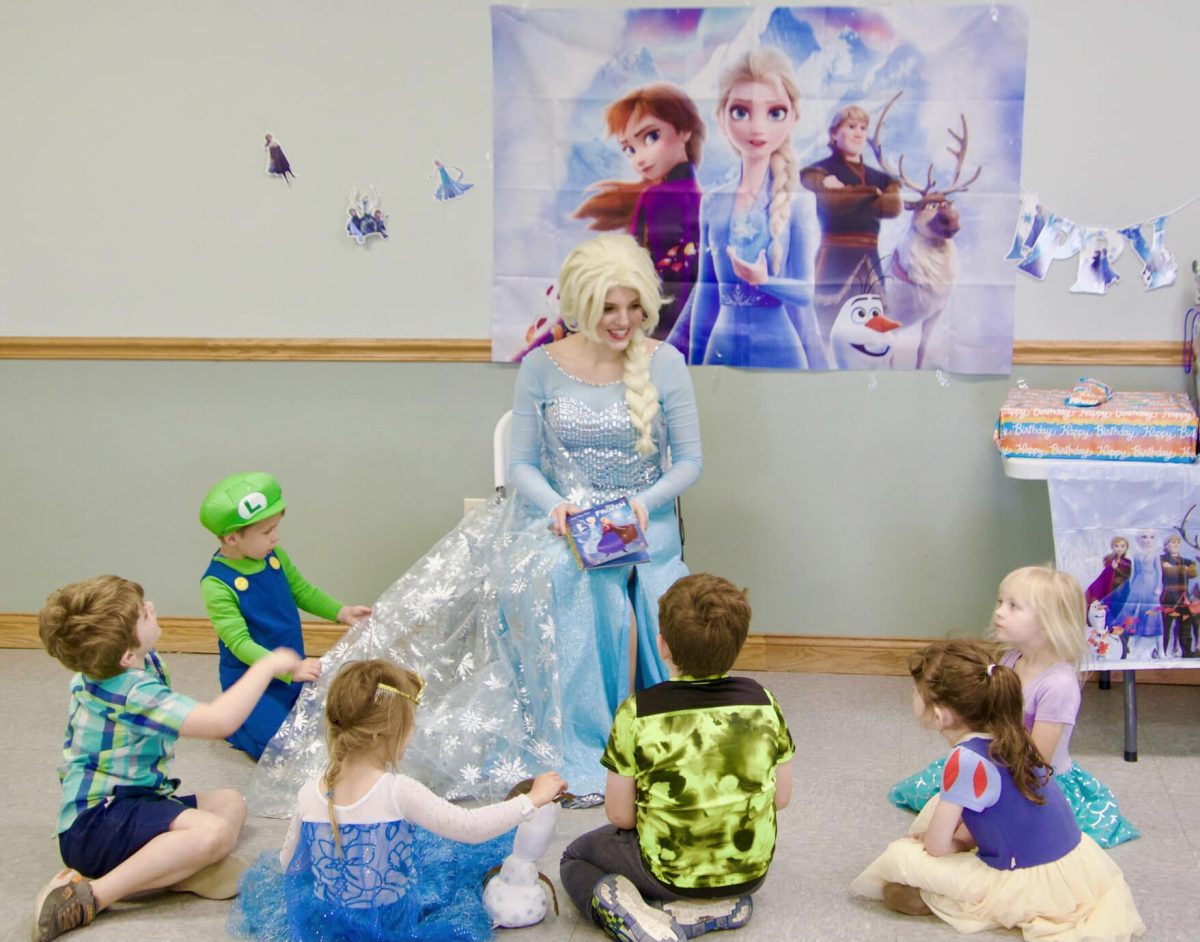
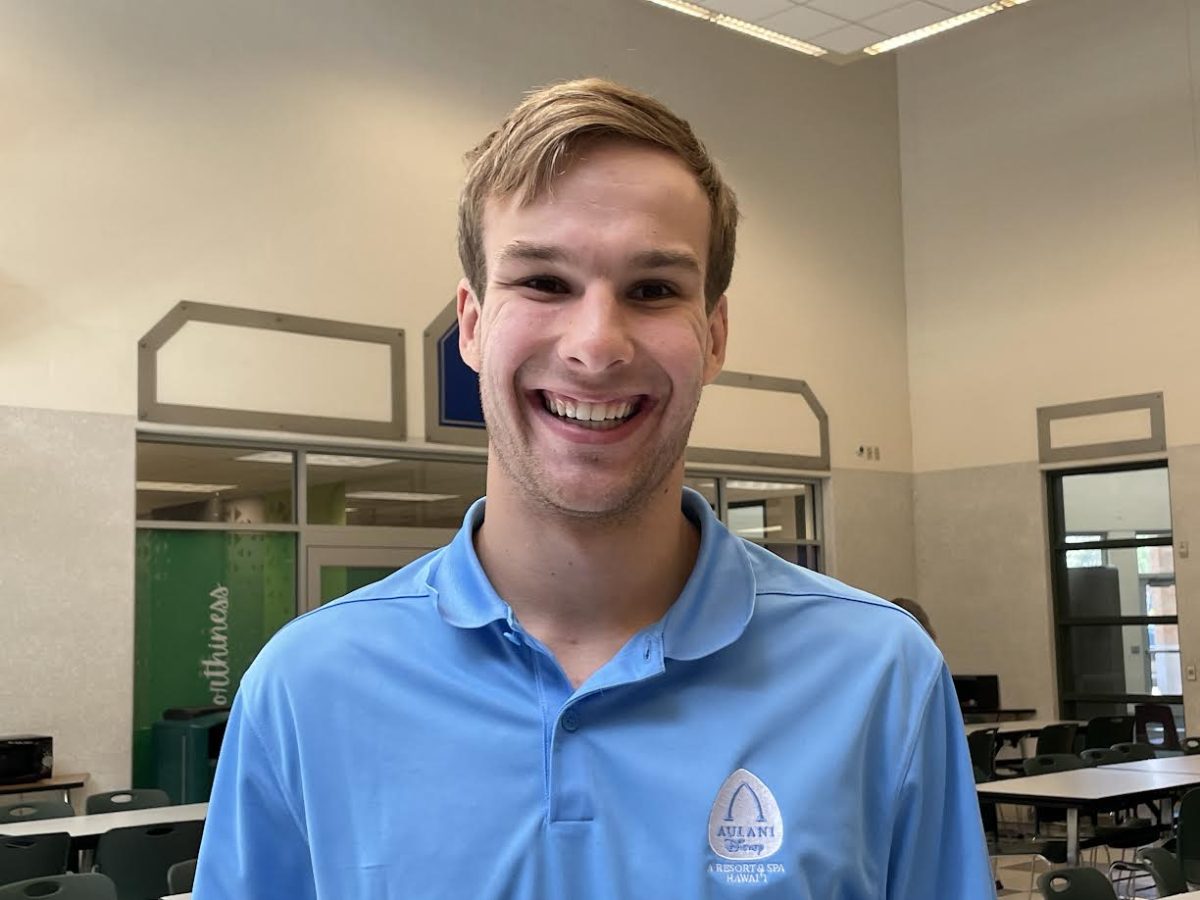
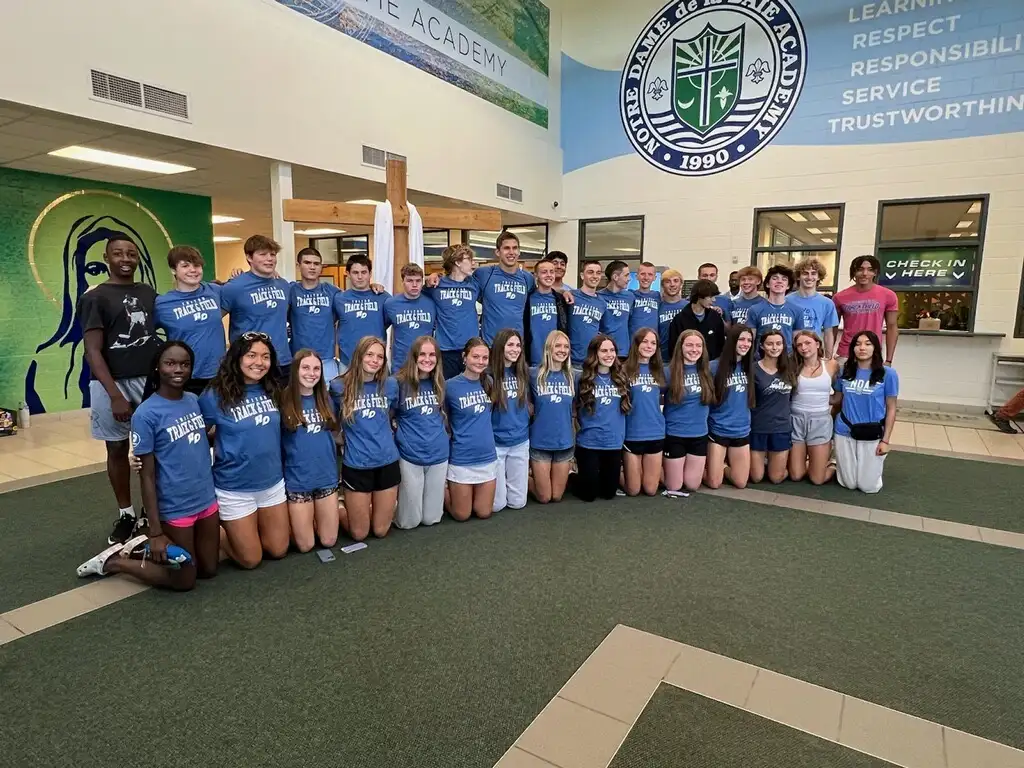




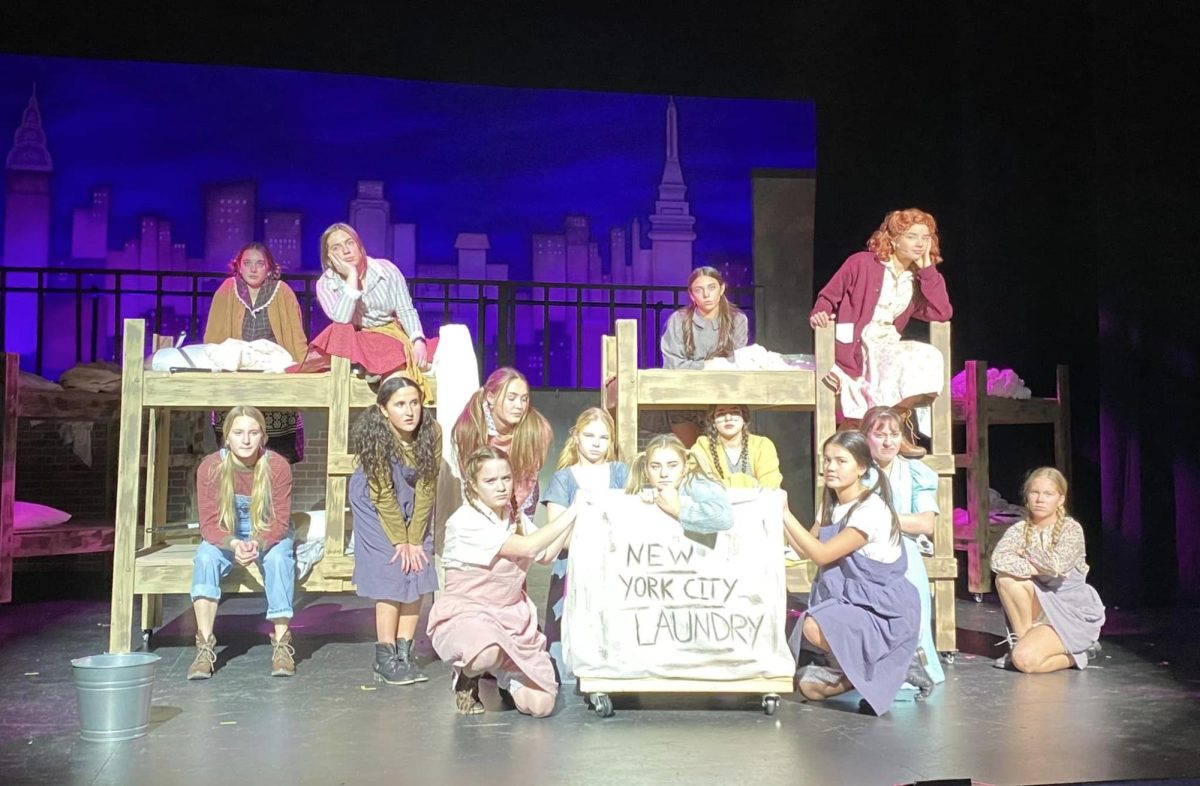

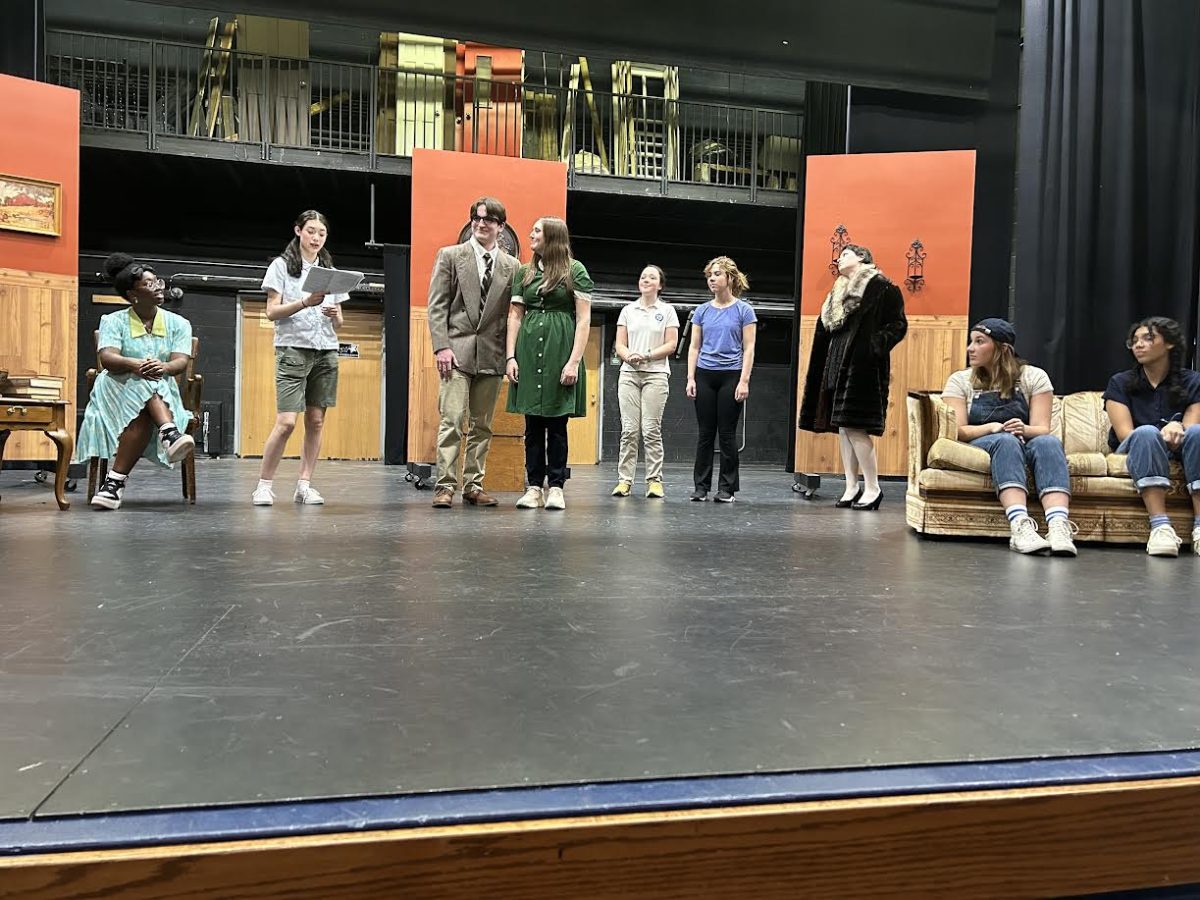





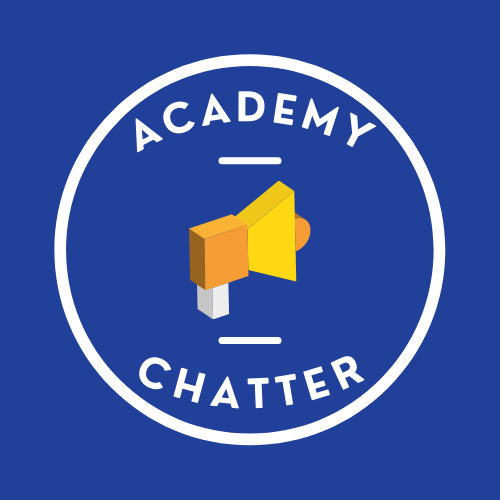
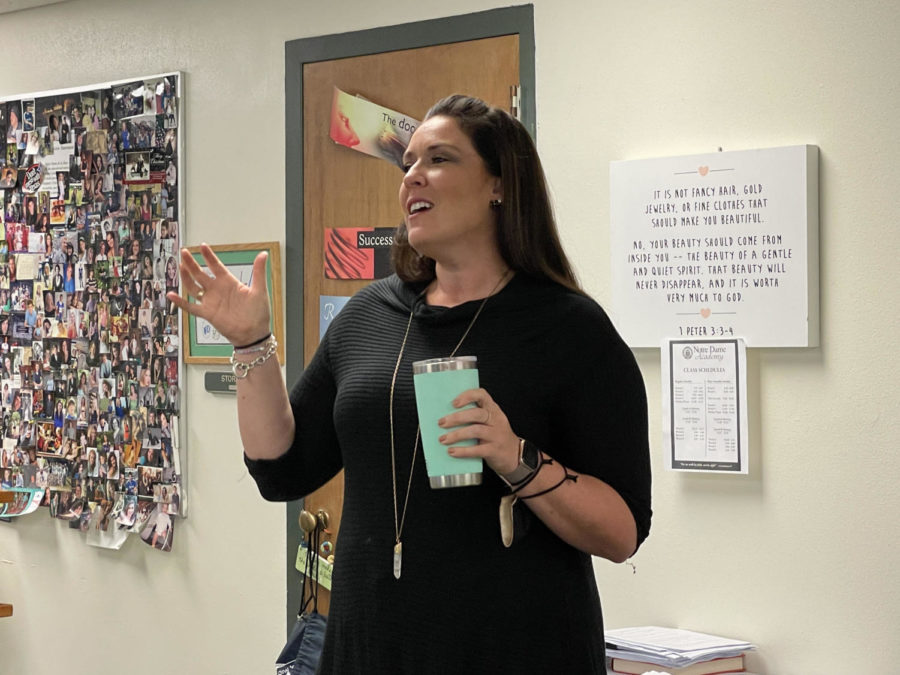
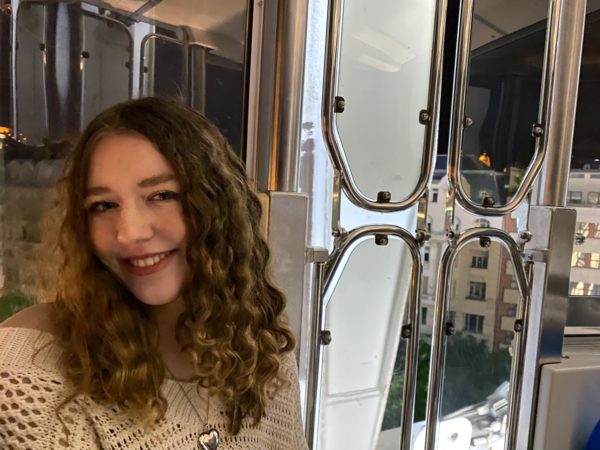
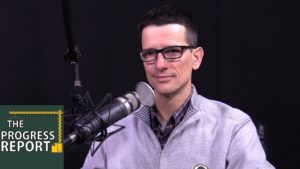

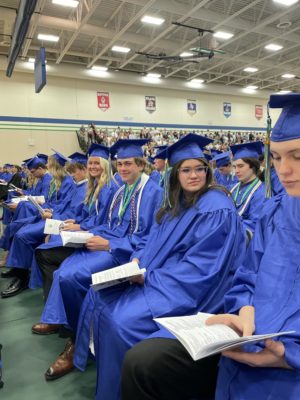




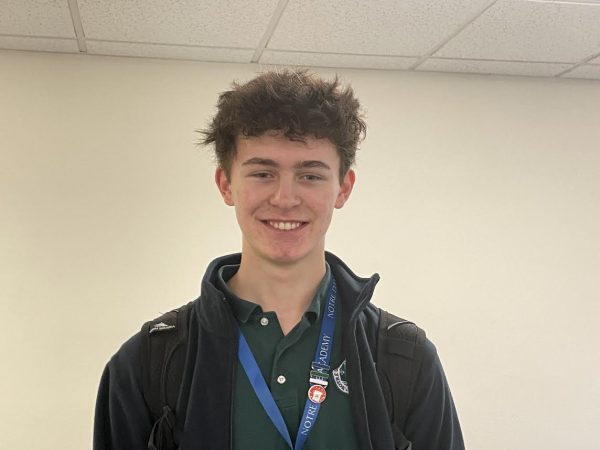

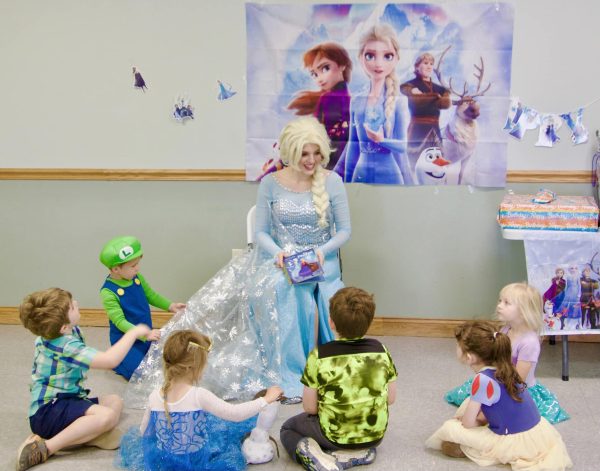
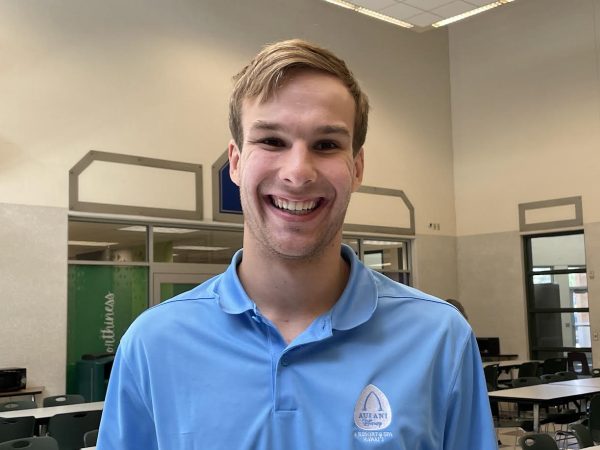
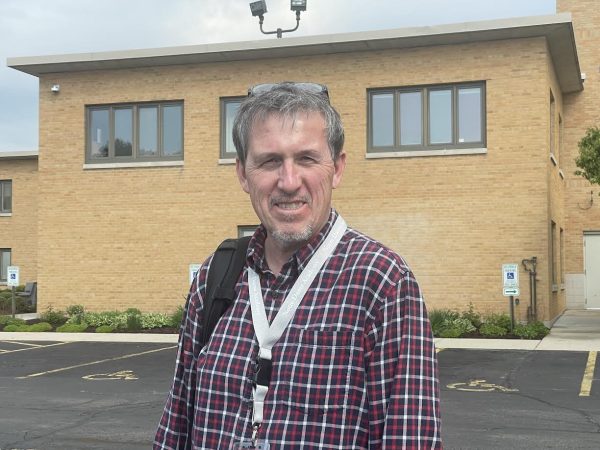
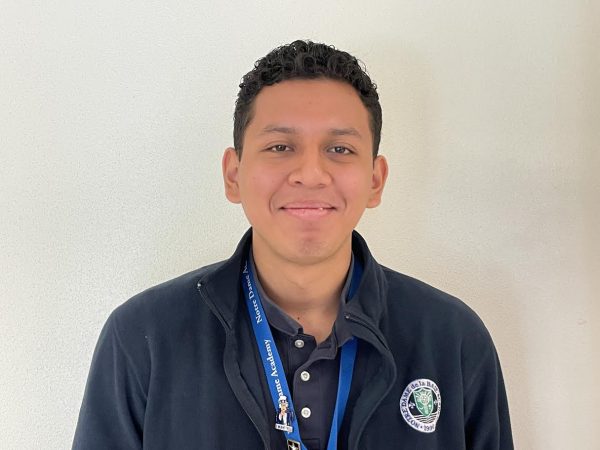
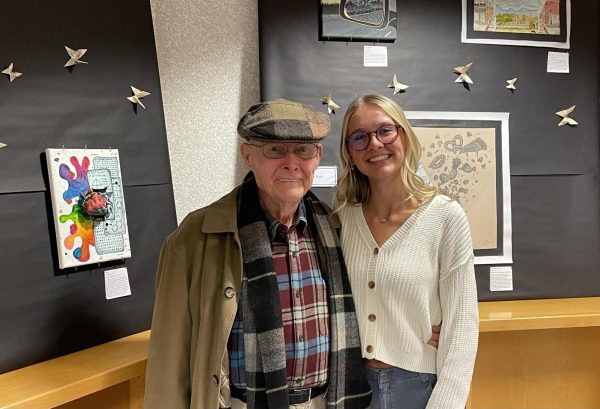
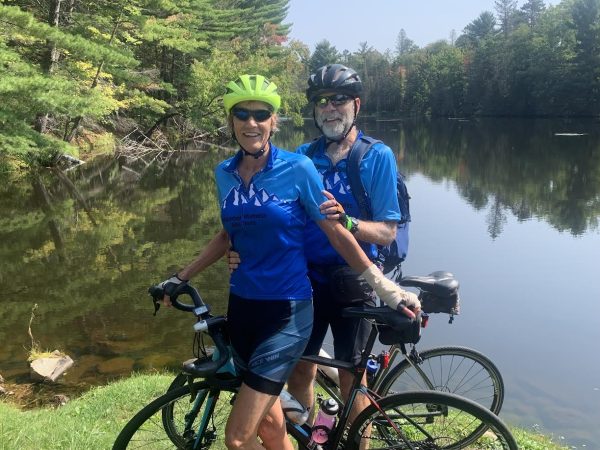


Stephanie • May 21, 2022 at 10:00 pm
Dr. Faase taught my Adolescent Literacy course this semester at Oshkosh. She is so humble! She never mentioned that she was getting a book published. She is truly remarkable and I learned so much from her. <3